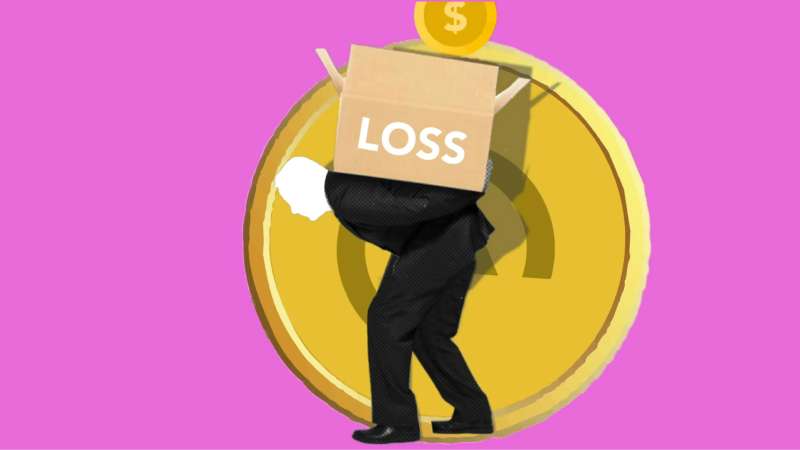Nikkei 225 Plunges 8% Amid Renewed U.S. Tariff Announcements and Market Turmoil
Published on: April 28, 2025
On April 22, 2025, Japan’s benchmark stock index, the Nikkei 225, experienced its most dramatic single-day decline since the COVID-19 pandemic, plunging 8% following the announcement of sweeping new trade tariffs by the United States. The shock reverberated across global markets, but its impact was particularly acute in Asia, where investor confidence swiftly eroded amid fears of prolonged economic instability.
What Prompted the Decline
The sharp drop in the Nikkei came just hours after the U.S. Trade Representative unveiled a new tariff package targeting over $150 billion worth of goods from key trading partners, including Japan. The move, aimed at addressing what Washington calls 'unfair trade practices,' was met with swift condemnation from global economic stakeholders.
Immediate Market Reaction
As Tokyo markets opened on April 22, a sell-off ensued. Major Japanese conglomerates, especially in the automotive and electronics sectors, saw their shares drop by 10% or more. Companies such as Toyota, Sony, and Mitsubishi led the decline, while the yen surged against the dollar, reflecting investors’ rush to safer assets.
Broader Impact on Asian Markets
The shockwaves were felt beyond Japan. South Korea’s KOSPI declined 5.1%, while Hong Kong’s Hang Seng dropped 4.7%. Chinese markets, already fragile from ongoing trade tensions, closed down by 3.8%. The regional downturn marked one of the darkest trading days in Asia since early 2020.
Economic and Political Context
The newly announced tariffs are part of an increasingly aggressive economic policy stance by the U.S. administration. Officials cited national security and job protection as justification. However, critics argue that the timing and scope of the tariffs are disruptive and risk triggering retaliatory actions that could further destabilize the global economy.
Investor Sentiment
Investor sentiment across Asia turned overwhelmingly bearish. Analysts note that the current market environment is highly reactive to policy shifts. “We’re seeing an amplified reaction because markets were already jittery from inflation concerns, interest rate uncertainty, and geopolitical tensions,” explained Hiroshi Tanaka, a senior market analyst at Nomura Securities.
Central Bank Response
Japan’s central bank, the Bank of Japan (BOJ), issued a rare midday statement expressing concern over market volatility and pledging to maintain liquidity and financial system stability. While no immediate monetary policy changes were announced, speculation is mounting that the BOJ may consider further easing measures if the turmoil persists.
Potential Long-Term Effects
Economists warn that sustained trade conflicts and resulting market instability could undermine Japan’s fragile post-pandemic recovery. Exports, which form the backbone of the Japanese economy, may suffer prolonged declines if tariffs remain in place or expand.
Corporate Impact
Japanese exporters are particularly vulnerable to the new tariffs. Car manufacturers, electronics firms, and heavy industries all depend heavily on access to U.S. markets. With shares tumbling and supply chain disruptions expected, corporate earnings for Q2 and Q3 of 2025 could be significantly impacted.
International Reaction
Leaders from the European Union, ASEAN, and the G7 expressed concern over the escalating trade tensions. Many called for diplomatic negotiations to avoid a repeat of the 2018-2019 tariff escalations that cost the global economy hundreds of billions in lost trade volume.
Calls for Diplomacy
Amid the growing alarm, diplomatic voices are urging restraint. “We urge all parties to return to constructive dialogue and seek trade solutions through established multilateral frameworks,” said Kristalina Georgieva, Managing Director of the International Monetary Fund (IMF).
The 8% drop in the Nikkei 225 highlights the volatility and interconnectedness of global financial markets. As policymakers grapple with the consequences of renewed trade conflicts, market participants brace for a potentially prolonged period of uncertainty. The next moves by the U.S., Japan, and other economic powers will likely determine whether this is a temporary setback or the beginning of a broader economic downturn.










